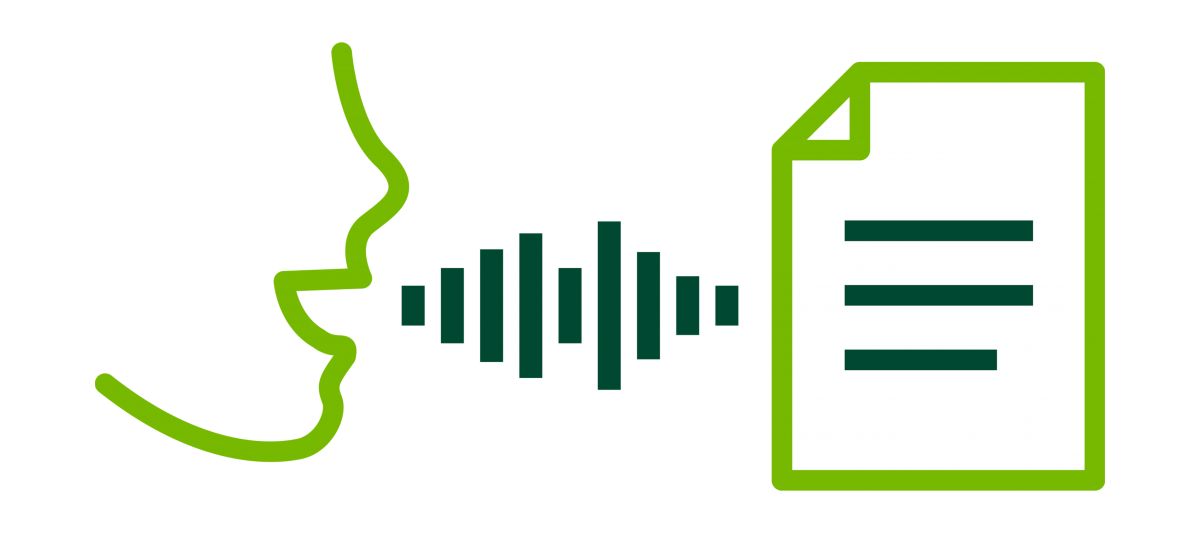Chapter three of The Medal Giants by Edmound Hamilton. This Librivox recording is in the public domain. Read by Ben Tucker. Chapter three: Lanier arrived [...] In a thousand homes the evening meal was being prepared, and the day's gossip related. In the west, the sun sank lower and lower, and all around, beyond the encircling hills, death marched toward the city with crashing giant strides. End of chapter three.
What Is Automatic Speech Recognition (Speech-To-Text)?
Automatic speech recognition (also known as speech-to-text) is about extracting text from an audio file. This is often an important first step in an AI pipeline. Great progress have been made these last few years, and it is now possible to extract text from an audio or video file with a great accuracy.
For example, here is a chapter from a LibriVox audio book (The Metal Giants, by Edmond Hamilton), stored on Archive.org: https://ia801400.us.archive.org/10/items/metalgiants_2209_librivox/metalgiants_03_hamilton_64kb.mp3.

Once we perform automatic speech recognition on this file on NLP Cloud, we get the following text:
This is a very good text extraction, not only because there is no spelling mistake, but also because punctuation was automatically added.
Additionally, you can also get word-level timestamps, in order to perform subtitling.